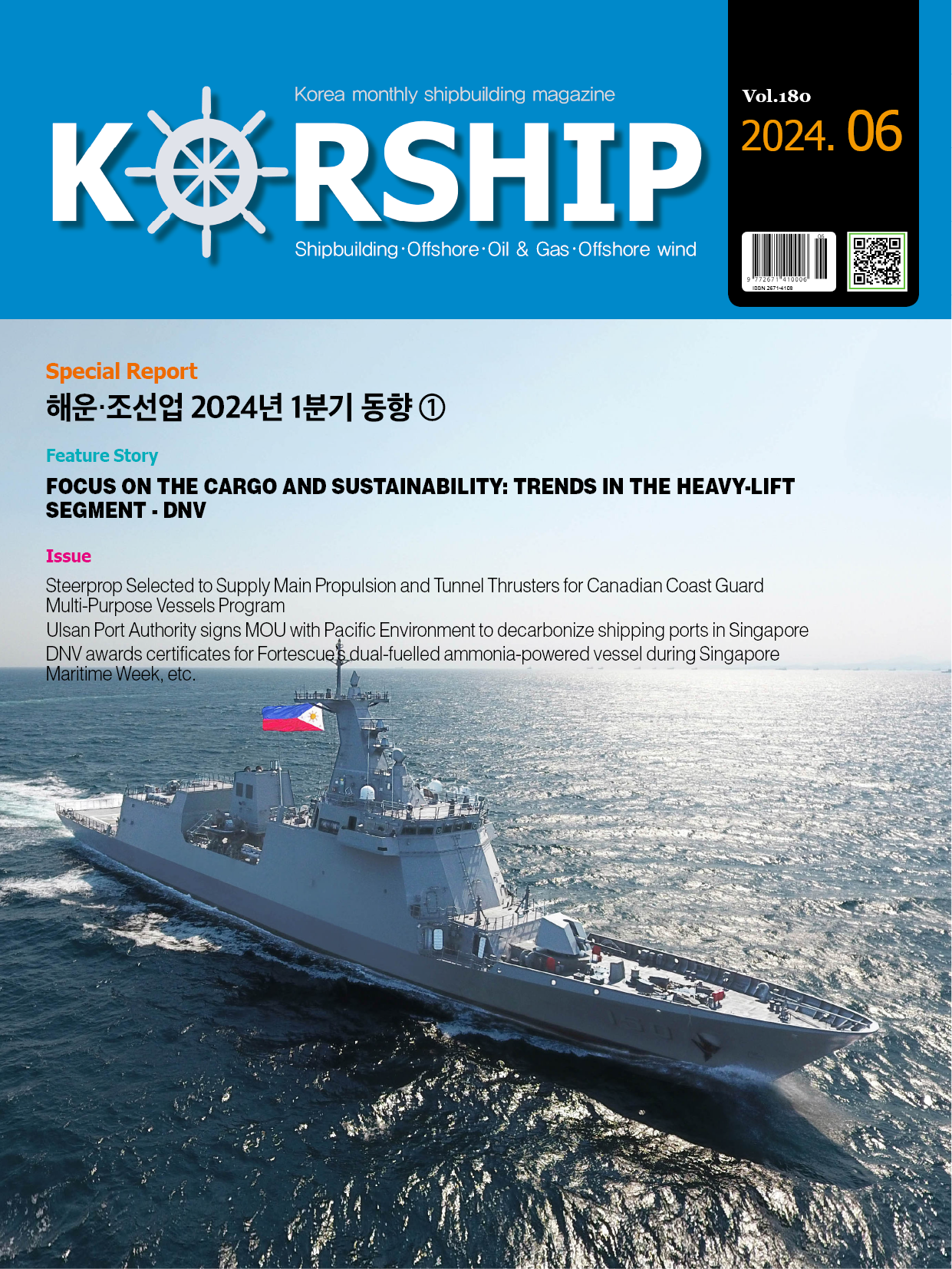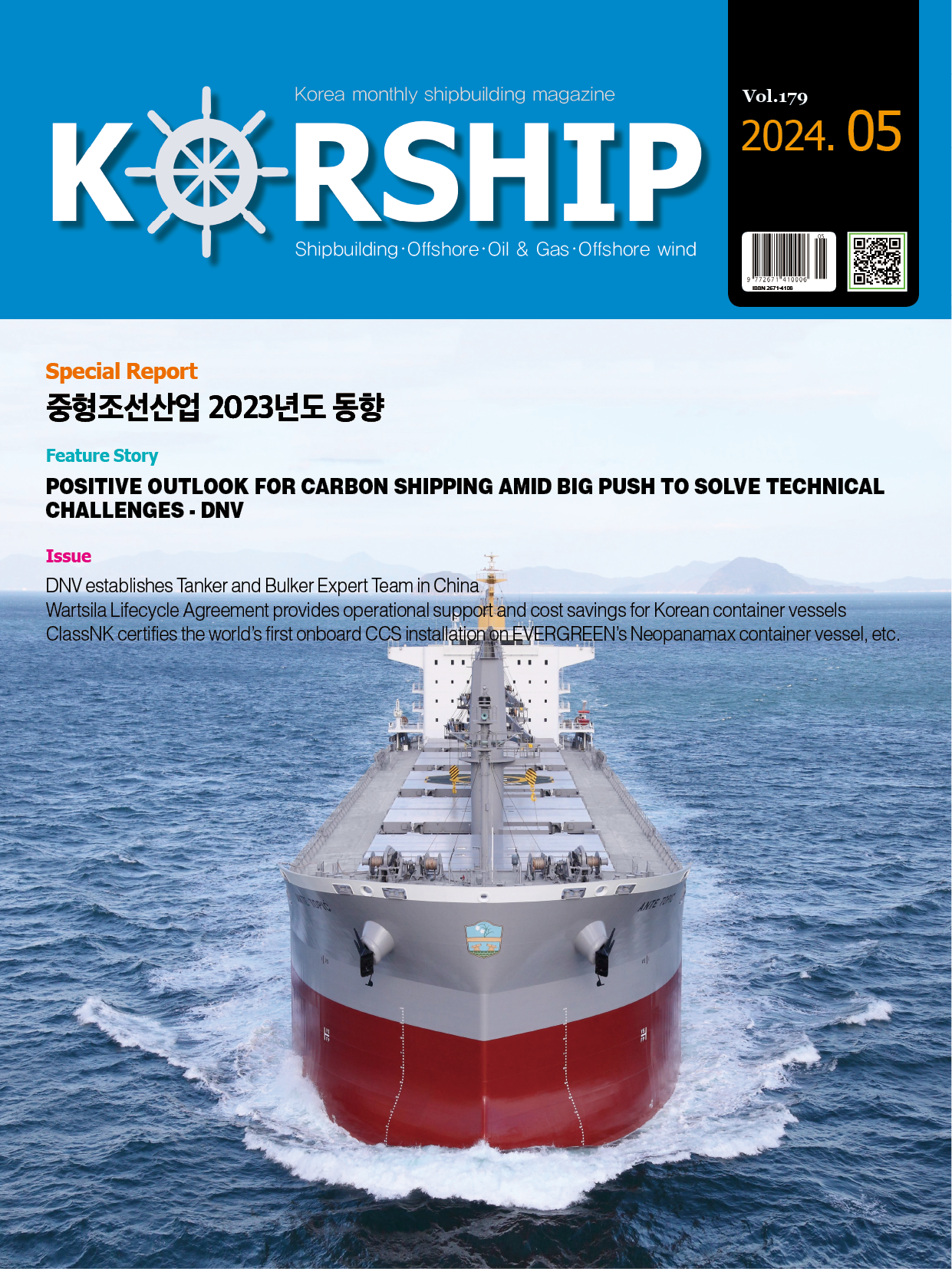Issue Evidence suggests synthetic EALs behind shaft seal failures
페이지 정보
작성자 최고관리자 댓글 0건 조회 1,010회 작성일 24-01-15 19:09본문
Seawater-lubricated bearings pioneer Thordon Bearings has welcomed the publication of Gard’s latest research into the potential hidden costs of synthetic Environmentally Acceptable Lubricants(EALs).
Far-reaching financial and environmental consequences can result when a propeller shaft seal failure occurs, with the Norway-headquartered marine insurance firm pointing to a “significant increase” in propeller shaft aft seal damage following the 2013 introduction by the US EPA of new Vessel General Permit(VGP) rules.
According to Gard, the increase in the number of seal failures directly correlates with the increase in the use of approved synthetic lubricants – these lubricants are among those in compliance with US EPA regulations.
Gard’s research, published in October 2023, has taken a deep dive into the data around the shaftline damage claims it has processed over the last 10 years. Its research shows that as many as 80% of the incidents Gard investigated involved stern tube seal failures where an EAL was in use.
Gard’s research has suggested that one reason for the seal failure hike(and consequent increase in insurance claims) is based on the chemical composition of synthetic EALs, which, while being environmentally preferable to the mineral oils that are being phased out, are typically inferior in performance.
Gard cites a 2019 study by DNV which discovered that two key features of EALs set them apart from the traditional mineral oils widely used before 2013: viscosity and pressure coefficient.
Under high load operations, such as hard turns at high speeds, EALs can operate with a lower safety margin of the minimum oil film between the propeller shaft and the bearings. Secondly, EALs typically operate with lower viscosity under lower temperatures, in situations like mooring trials and cold start-up.
Touched on by Gard, there have also been countless reports in the international trade press suggesting that the increased incidences of discarded fishing nets or rope are adding to the aft seal damage of oil-lubricated shaftlines.
The Thordon COMPAC system eliminates the need for the aft seal, as well as offering reduced friction, hence diminishing fuel burn and main engine emissions. This proven shaftline design also provides improved bearing wear life, predictability and reliability while offering lower maintenance costs, easier installation, and future-proof compliance.












